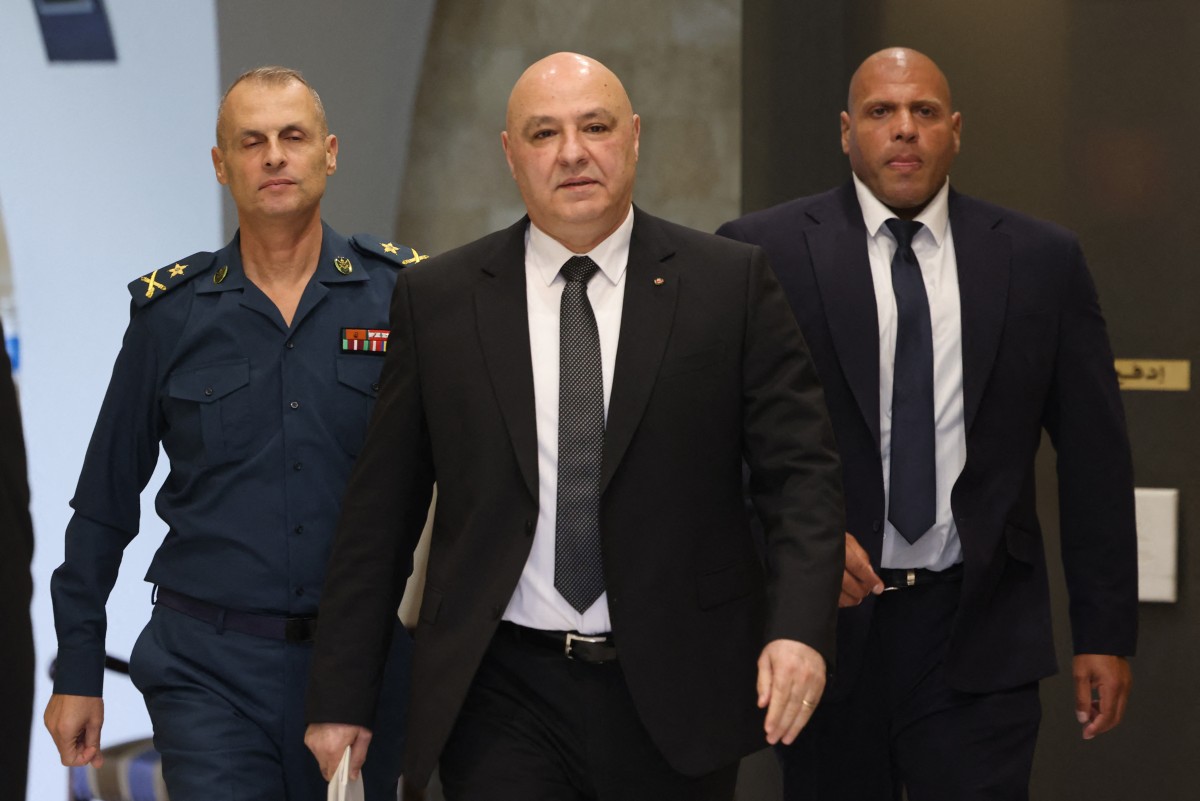The greatest misfortune for any nation is to see history repeat itself. People without collective memory are doomed to replicate their mistakes. Lebanon today risks just that—either because forgetting has become our default memory, or because our memory is full of holes.
After days of tension, speculation, and political posturing, the Lebanese Cabinet finally convened to hear the army’s plan for consolidating all weapons under the state’s authority. The outcome was hardly surprising. In a familiar replay of previous episodes, ministers issued decisions couched in ambiguous language—at once clear and vague—leaving each political faction with the illusion that it had achieved its goals. Yet beneath these superficial gains lie deeper uncertainties, risks, and looming dangers for the entire nation.
First Fear: A Government Collapse
During the session, the four ministers representing "Hezbollah" and the Amal Movement walked out as Army Commander General Rodolph Haykal began presenting his strategy. They rejected the Cabinet’s earlier decisions of August 5 and 7 as “unconstitutional” and left the meeting. A fifth minister, unaffiliated with the two Shiite blocs, joined them, resigning rather than providing the government with sectarian cover.
What happens if the Shiite ministers resign permanently? Lebanon has seen this before. In 2005, Fouad Sanioura’s Cabinet continued to govern after "Hezbollah" and Amal withdrew in protest over the Special Tribunal for Lebanon, even as questions of legitimacy dogged it. If the current government persists without Shiite participation—especially under Prime Minister Nawaf Salam, who enjoys strong international backing and insists there will be “no turning back” on disarmament—the stage could be set for a political crisis. Would any Shiite figure dare join a replacement Cabinet?
The situation is further complicated by tensions within the ruling camp itself—not only between the presidency and the premiership, but also within the Shiite duo. "Hezbollah" has remained largely silent for now, except for motorcycle rallies in its strongholds. Speaker Nabih Berri, however, publicly welcomed aspects of the Cabinet’s decisions, praising the army for “preserving civil peace” and rejecting street protests. Yet behind the scenes, "Hezbollah" appears uneasy with Berri’s willingness to accept the principle of disarmament before Israel withdraws from occupied southern land, stops its attacks, releases prisoners, and allows displaced villagers to return home.
Second Fear: Lebanon Caught Between Pressures
In political science, true leadership means anticipating and shaping events, not chasing after them. Lebanon’s current government, however, was imposed from the outside. It promised the international community reforms it struggles to deliver. Caught between foreign demands and domestic fragility, it faces a dilemma: failure to act invites collapse, but action risks civil unrest.
Meanwhile, Israel continues its campaign of raids, assassinations, and violations against civilians and UNIFIL, emboldened by U.S. protection. Should Israel disapprove of the Cabinet’s still-secret resolutions, nothing prevents it from escalating militarily under the pretext that Beirut has failed to disarm "Hezbollah". Lebanon’s leaders, rather than influencing events, are left scrambling behind foreign agendas—forced to endure the consequences of decisions they do not fully control.
Third Fear: War with Israel
The gravest concern is whether Lebanon could withstand another devastating Israeli war—one that might destroy what remains of the country, neutralize "Hezbollah" as a domestic force, and bury the current presidency barely nine months into its term. The consequences could be catastrophic: fragmentation, partition, or coerced peace with Israel, alongside the squandering of Lebanon’s long-promised natural resource wealth.
A Possible Solution
Yet it is not too late for the Lebanese state to act. The government could still honor the commitments made in the presidential oath and ministerial declaration by launching a genuine national dialogue on a defense strategy. Under such a plan, "Hezbollah" and other armed groups would be reassured while gradually transferring their weapons to the Lebanese Army. This would unify decision-making under legitimate state institutions, satisfy international and regional stakeholders, and deprive Israel of its pretexts for aggression.
Only such a strategy—rooted in national consensus—can safeguard Lebanon’s sovereignty and stability. Otherwise, the country risks drifting from crisis to catastrophe, shepherded not by responsible leaders guiding their flock to safe pasture, but by butchers leading it to the slaughterhouse.
Please post your comments on:
[email protected]
 Politics
Politics







